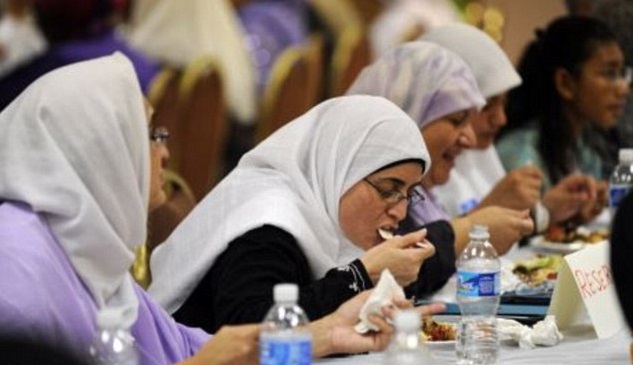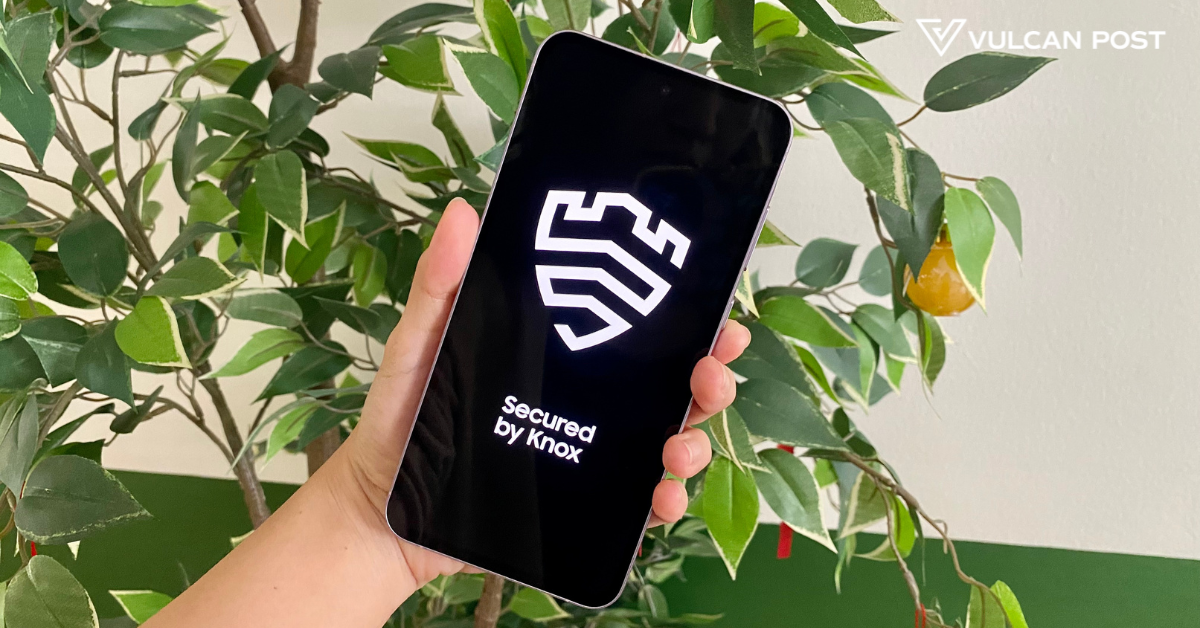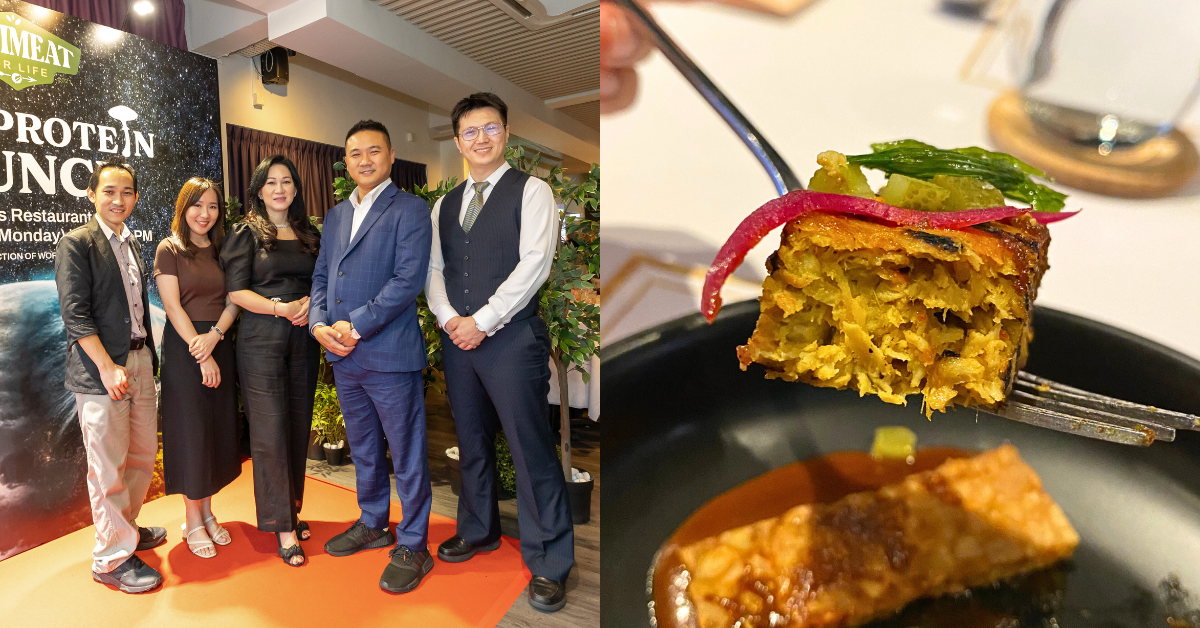With the curtains about to close on this year’s holy month of Ramadhan, a social issue brews amidst the celebrations. Being a Muslim-majority country and with a lot of Malaysians integrating the Shariah law into the community, there has been a few incidents concerning people’s actions during this fasting period and detailing which proper etiquette should be taken by those fasting or not.
A local Muslim activist by the name of Mrym Lee on Facebook shared a status on her profile which quickly went viral displaying her stance against the moral and religious policing of Muslims in Malaysia, especially Muslim women. She further explained that she made a conscious effort for this year’s observance of Ramadan to protest against societal expectations by eating and drinking in public when she could not fast.
Her Facebook post (which has now been deleted by Facebook admins) depicts her personal experience after being subjected to discourteous behaviour when she frequented a restaurant in a shopping center during the daytime. She claimed the staff, including the manager, as well as other passersby began to verbally harass her with claims of her actions “damaging the image of Islam” and “disrespecting those who were fasting”.
According to Mrym, she was not alone in receiving this treatment as another friend of hers who is doing the same, have been “harassed, verbally abused, and publicly persecuted” by those who are supposed to be fasting.
Islam dictates that when a woman is menstruating, she is not allowed to perform certain religious acts such as fasting and praying. However, there exists an unspoken rule in Malaysia against eating, drinking or smoking in public due to respect for the holy month, which includes those who are excused from fasting. Mrym stated her argument that Islamic teachings did not say that there was anything wrong with eating or drinking in public when one cannot fast.
“Get your priorities straight. Go punish our corrupt politicians and fix our messed-up policies. Leave the practice of faiths to the individual, empower each other in society to do good, only then we’ll see productive progress,” said Mrym to urge Malaysians to look beyond the petty policing of others.
This brought on a heated debate between her and netizens as many began to express that modesty, respect and manners are key pillars when it comes to fasting and Ramadhan. Although there were a number of comments worded in harsh tones and uncalled slander, there were also a few who politely reprimanded her views with their own beliefs.
(Translation: “Just eat at home, it’s so simple.”)
(Translation: “Even my non-Muslim students ask for my permission to drink water, which they do so behind my back where I wouldn’t be able to see. This is an example that a non-Muslim can respect a Muslim. You are a Muslim, did it never cross your mind that where you were eating was public? This is not about rights, it’s about respect.”)
Among the sea of critics, there also came a few to show support for Mrym and her views:
(Translation: “So many people preaching about manners, but when it comes to insulting/harassing/abusing/etc, where has your manners gone? To the sea? Malays are the most hypocritical race in Malaysia.”)
And then there were those who stood on a neutral point:
(Translation: “I don’t feel it necessary for us to criticsise her…. Allah will show us which of it are right and wrong. No need to rile ourselves up. It will just lessen our fasting Pahala.”)
When asked to elaborate a little further around this situation in a short interview, Mrym shared her honest opinions with Vulcan Post.
Q: It seems that there are a number of people expressing their disagreement to your actions in a rather condescending and aggressive way, whether it be in public or via the internet. Would you say that the reason behind this showcases the strength of their faith?
A: It is not my place to determine the strength of anyone’s faiths. In matters of religion and its rituals, I believe in ‘to each their own’. Regulations surrounding faiths and religions should be that everyone is ensured the freedom to choose their beliefs, and how they want to believe it. Personally, my own measure for strength of faith is in our kindness and compassion towards other people. Our faiths should increase our sense of empathy, not decrease it.
Q: Many non-fasting Muslims who have eaten in public have also faced similar backlash. What is your deduction regarding this treatment?
A: Forced religious surveillance by the state affect almost most, if not all, choices that we make in our personal lives. Religious policing is being done not only by the religious authorities, it has been internalised by everyday people, so much so that everyone surveys everybody else. This makes the enforcement of religious policing coming from both the political and cultural side, making it almost impossible to be free from religious police.
I also have another theory for this phenomenon. I observed an overwhelming sense of entitlement by a lot of Muslims here to be protected from temptations of fasting, which includes eating and drinking. I do not know any verses in the quran or hadiths that prohibit eating or drinking in public for people who are not fasting, only the opinions of scholars (ulama). But that’s the thing about opinions, they’re not supposed to be infallible. Opinions must be seen in the context of the times and are subject to debates and discussions, and should not be forced upon anyone to follow. Last I checked, humans are not God to be judge and jury of faiths purely based on opinions.
Q: Many who disagree with you claim that mannerism and respect are the reasons non-fasting Muslims should not eat in public. What is your response to this?
A: Respect is such a biased notion that typically favours those who are powerful. People in power often have the say in what constitutes “respect” compared to those who are socio-culturally “weaker” such as women and children. Unfortunately for non-Muslims in Malaysia, the Muslims are the majority of the population, this is not problem if they do not use their numbers to assert non-existent religious demands.
As for mannerism, I don’t see the logic behind getting offended over people getting a meal. Non-fasting people are not responsible for anybody’s choice to fast during the day. Fasting people are not entitled to demand protection from the sight of other people eating and drinking. Isn’t compassion part of the teachings of Islam? A single act of compassion could get in touch with your humanity.
Q: Do you believe that this issue stems from the culture taught to us at a young age and is it possible for our society to change?
A: We internalise religious policing since young, a large part of that upbringing coming from schools. I saw someone on Twitter made a really good point about women not being raised to be trusted with their own participation in religious rituals. The women shared stories of being physically harassed by teachers in school, who would check by groping their private parts to prove that they really are on their periods. We do not teach our boys and girls to have agency over our own bodies, let alone agency over their spiritual journey.
The thing about me is that I have a lot of optimism for the younger generation to bring about the changes we need for the betterment of the nation. I think this is because we have access to technology that democratises our space for discourse. And we are much more open to discourse compared to our parents’ generation. This is something to be happy about and encouraged, if we are sincere in moving the nation forward.
Feature Image Credit: dailymail.co.uk

















